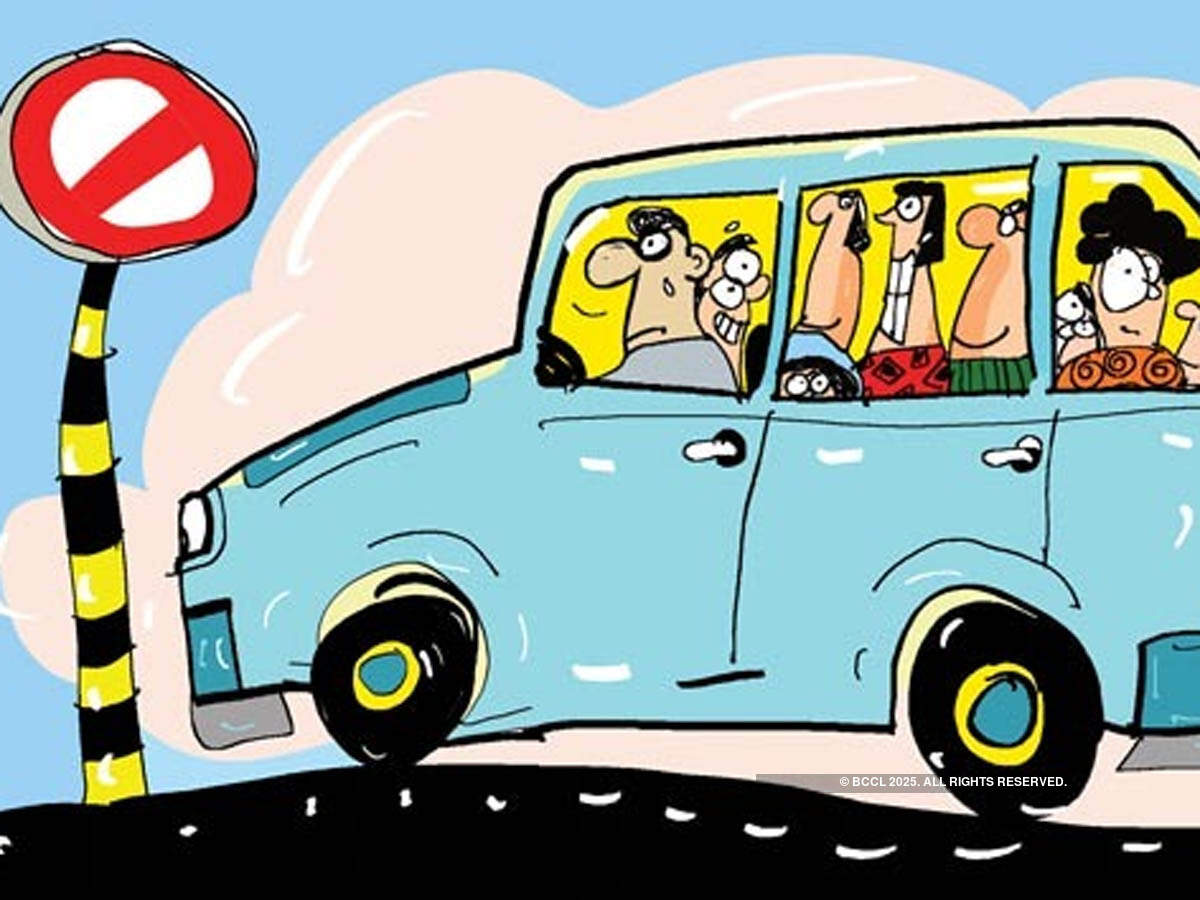 Ride hailing company Uber and Bangalore Political Action Committee have urged the Karnataka government to allow aggregators to legally aggregate shared cabs, shared autos, bike pools, private shuttle services and feeder buses in Bengaluru, within the ambit of the existing contract carriage permit rules.
Ride hailing company Uber and Bangalore Political Action Committee have urged the Karnataka government to allow aggregators to legally aggregate shared cabs, shared autos, bike pools, private shuttle services and feeder buses in Bengaluru, within the ambit of the existing contract carriage permit rules.
In a joint report, titled “Sustainable mobility for Bengaluru”, they have sought to incentivize the use of public transport over private car ownership. The report was prepared in collaboration with mobility startups including Ola, Bounce and QuickRide, as well as more than 500 stakeholders like think tanks, Resident Welfare Associations and the government.
“Bengaluru is one of our largest and most critical markets,” said Prabhjeet Singh, Director, Operations, and Head of Cities, Uber India and South Asia. “The future of sustainable mobility is electric, multi-modal and shared,” he said.
The report has asked the government to creates opportunities for new mobility service providers through a Regulatory Sandbox, allowing them to pilot their solutions in a specific location for a specific period. It also asks for the city to define carpooling and formulate separate policies for service.
“Bengaluru stands to be the most traffic-congested city in the world…Public transport in the city has failed to keep up with the demands of its rapidly expanding urban population… However, the administration is yet to create a conducive environment for the economic viability of shared mobility options,” the report said.
The mass transit infrastructure planned for the city are projects of long gestation, and therefore, it is important to focus on new mobility alternatives and solutions that will smoothly facilitate this transition, while simultaneously increasing the ridership of public transport to resolve congestion, the report stated.
It also said the state must consider creating an open digital infrastructure for data that brings the operators, both public and private, together to enable voluntary participation, allowing them to collaborate while being competitive.
“Datasets like license, vehicle registration and permits data held with transport department; road network, parking, land-use and plot-level data held with BBMP and BDA; traffic violations and accident data with BTP need to be brought under the open data agenda,” it said.
Leave a Reply